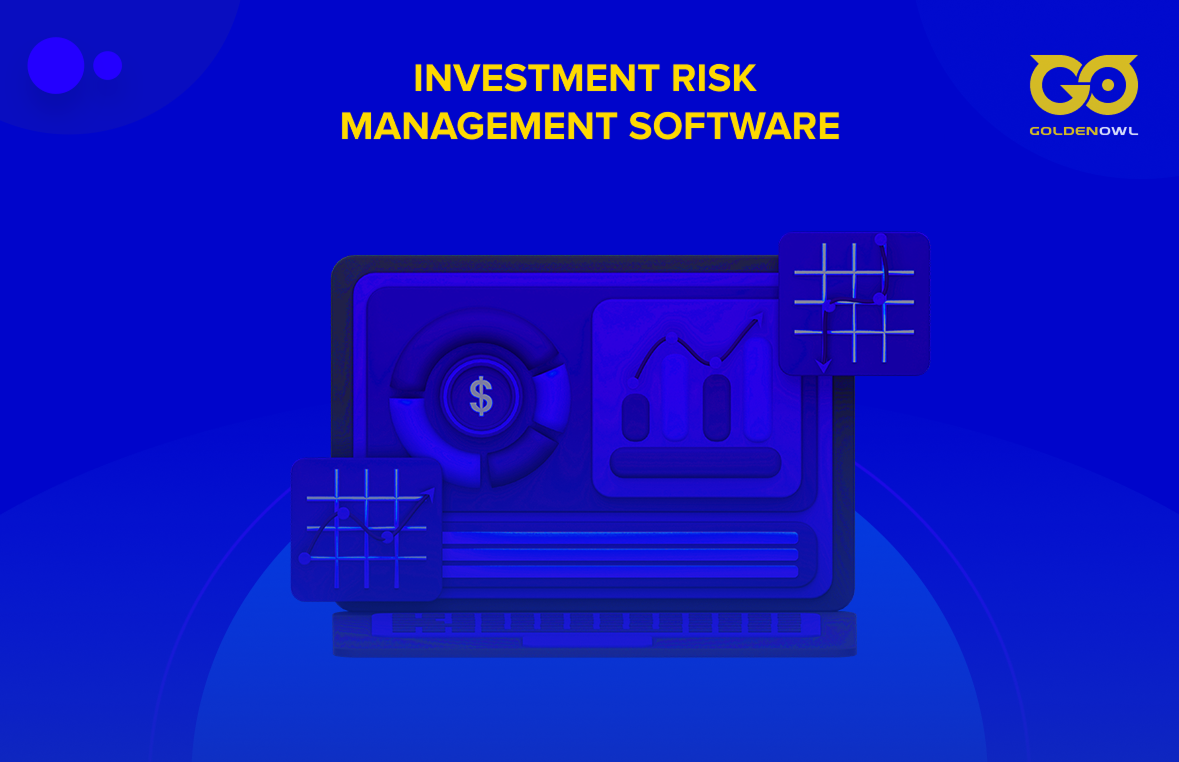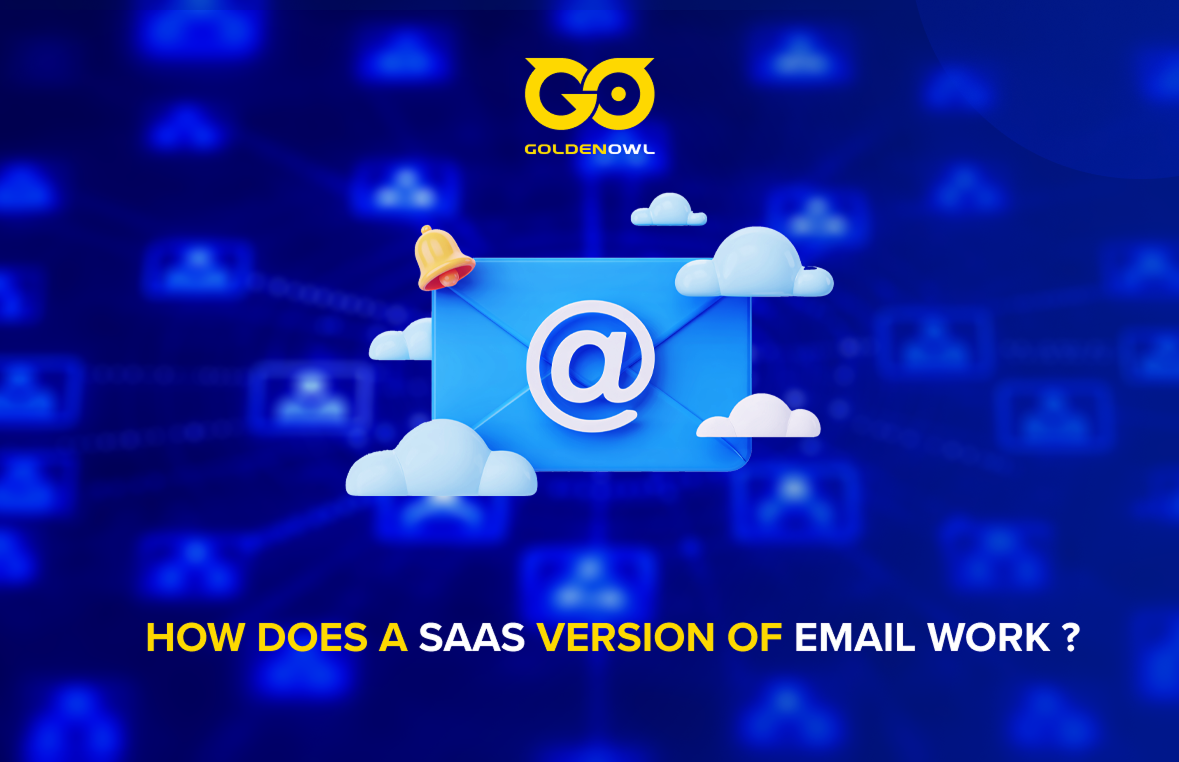Ruby on Rails vs. Django? The article will give you an in-depth overview of both and help you make an informed decision.
When it comes to web development, choosing the proper framework can be a daunting task. Two of the most popular ones today are Ruby on Rails and Django. Both offer many features and benefits, making them a good choice for various projects. However, the two also have some key differences, making one better fit your specific needs.
Therefore, this article will closely examine Ruby on Rails vs. Django and compare their key features and benefits. We will also discuss the different use cases for each. So you can decide which web application framework is more suitable for you.
Ruby on Rails vs. Django: An Overview

Ruby on Rails (simplified as Rails) is an open-source web application framework that uses the Ruby programming language. It was first released in 2004 by David Heinemeier Hassan. Since then, it has gained a reputation for elegant syntax, convention over configuration approach, and a large ecosystem of third-party libraries and tools.
This web framework follows the Model-View-Controller (MVC) architectural pattern, which separates the application into three interconnected components:
- The model layer represents the data in the application.
- The view layer renders the user interface.
- The controller layer handles user input and interacts with the model layer.
On the other hand, Django is a high-level Python web framework first released in 2005 by Adrian Holovaty and Simon Willison as an alternative to Rails. It is best known for its elegant syntax, batteries-included approach, and large community of developers.
Like Rails, it follows the MVC architectural pattern and is designed to make web development faster and easier. In addition, Django has a built-in administrative interface, making managing content and user authentication easy.
Both frameworks are open-source and have an active community of developers contributing to their features and maintenance. They have many useful pre-built features, including authentication, URL routing, template engine, ORM, database schema migrations, and an admin panel. As a result, it takes less time and effort for you to build a web application.
Key Differences Between Ruby on Rails vs. Django

There are many differences between Rails vs. Django. Some of the most noteworthy ones are:
- Programming languages. Rails is based on Ruby—a dynamic, expressive, and flexible language allowing meta-programming and domain-specific languages (DSLs). On the other hand, Django is based on Python. This simple, concise, and easy-to-learn programming language emphasizes readability and clarity.
- Scalability. Django is generally more scalable than Rails. It can handle more significant, complex projects with less code and fewer dependencies. Rails, however, may require more configuration and optimization to scale up.
- Performance. Django has a slight edge in terms of performance, as it is faster by 0.7 percent, according to some benchmarks. Nonetheless, the difference is negligible in most cases. Both can deliver fast and responsive websites with proper coding practices.
- Security. Django is generally more secure due to its built-in security features, such as CSRF protection and input validation.
- Philosophy. Rails follow the principle of “Convention over Configuration,” meaning it has a set of default conventions and best practices that you ought to follow to avoid unnecessary configuration. In contrast, Django follows the principle of “Explicit is better than implicit,” which gives you more control and flexibility over how you write your code. Regardless, both frameworks adhere to the “Don’t Repeat Yourself” principle, helping you avoid duplication of code and logic.
- Ecosystem. Rails has a larger ecosystem of libraries and tools. Thus, you have more options to extend and customize your web applications. So you can find and implement necessary functionality quickly. This can be advantageous for larger and more complex projects.
- Community. Django has a significantly more extensive and robust community. This means that those interested in using and learning this framework will have access to many valuable resources, including documentation, user forums, and tutorials. With this wealth of information at your fingertips, you can streamline your learning process and accelerate project development.

Use Cases for Ruby on Rails vs. Django
Both Rails and Django can be used to build various web applications. However, some use cases exist where one framework is a better fit than the other.
Rails is a popular framework for building web applications requiring a high interactivity level. It is ideal for creating applications with complex business logic that require a lot of data manipulation and interaction with the database. This web framework is also great for building APIs, as it comes with built-in tools for creating RESTful endpoints. Some popular websites built with Rails include:
- Shopify
- GitHub
- Netflix
- Airbnb
- Bloomberg
- Shopify
On the other hand, Django is an excellent choice for building content-heavy websites, such as news sites, blogs, and e-commerce platforms. Managing content is made easy with its built-in administrative interface. Meanwhile, working with complex data models is simplified by its powerful ORM. This web framework is also great for building APIs. It has a built-in Django Rest Framework tool that makes it easy to create RESTful endpoints.
Some impressive websites built with Django include:
- YouTube
- Dropbox
- Instagram
- Spotify
- Pinterest
- Udemy
- NASA
- The Washington Post
Django vs. Ruby on Rails: Which Web Framework is Right for You?
The answer to this question depends on your project requirements, preferences, skills, and budget. There is no definitive answer about which framework is better than the other. Both have their strengths and weaknesses.
To make an informed decision between Ruby on Rails vs. Django, you should consider the following factors:
- The programming language. Do you prefer Ruby or Python? Which one are you more comfortable or familiar with? Additionally, it would be best to look into which language has more libraries and resources suited to your needs.
- The scalability. How big or complex is your project? And how much traffic do you expect to receive? Remember that choosing a framework that makes it easy to scale up or down your website, as needed is crucial.
- The performance. How fast or slow do you want your website to be? How much does performance matter to you? Also, you may want to know how well each framework can handle concurrent requests and heavy workloads.
- The philosophy. Do you prefer following conventions or having more flexibility? How much configuration or customization do you want to do? And how do you want to balance the simplicity and functionality of your website?
- The use cases. It is crucial to consider what kind of website you are building and what features or functionalities you need. Which framework has more tools and libraries to help you achieve your goals?
- The community. How active or helpful is the community? How easy or hard is finding answers or solutions to your problems? Finally, how many tutorials, guides, or courses are available for each framework?
We hope you can choose the best programming language and framework for your project by carefully considering these factors.
Read more: React vs. Django: Which Framework Is Your Best Suit?
Conclusion
In conclusion, both Rails and Django are excellent frameworks offering developers a wide range of benefits. Each framework has its unique features. Thus, choosing the right one ultimately comes down to your needs and project requirements.
Ultimately, the best way to decide which framework is right for you is to try both and see which one you prefer. After all, there are many online tutorials and resources available to help you get started with both frameworks.
With this article, we hope to have provided you with the information you need to make an informed decision about Ruby on Rails vs. Django. Thank you for reading!























